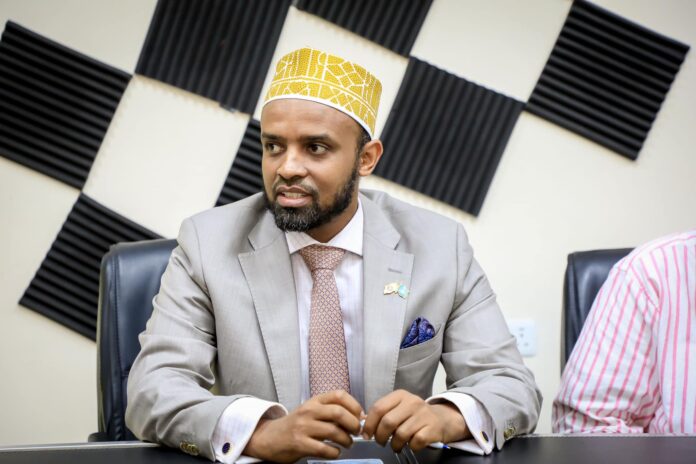Mogadishu – Somalia’s National Bureau of Statistics (SNBS) has been plunged into a state of uncertainty and dysfunction following the controversial decision by Prime Minister Hamze Abdi Barre to block the dismissal of its Director General, Sharmaarke Farah. The Ministry of Planning, acting on the unanimous recommendation of the SNBS Board, dismissed Mr. Farah on August 22, 2024, citing allegations of incompetence, corruption, and negligence. However, the Prime Minister’s intervention has brought the bureau’s operations to a standstill.
The board’s decision to remove Mr. Farah was based on an extensive evaluation of his performance, which revealed a consistent failure to meet the bureau’s operational standards. In response to these findings, the board submitted an official request to the Minister of Planning to appoint a new, more competent director. Despite the board’s firm stance, the minister initially sought to mediate between the director and the board, mindful of the delicate political dynamics in the country.
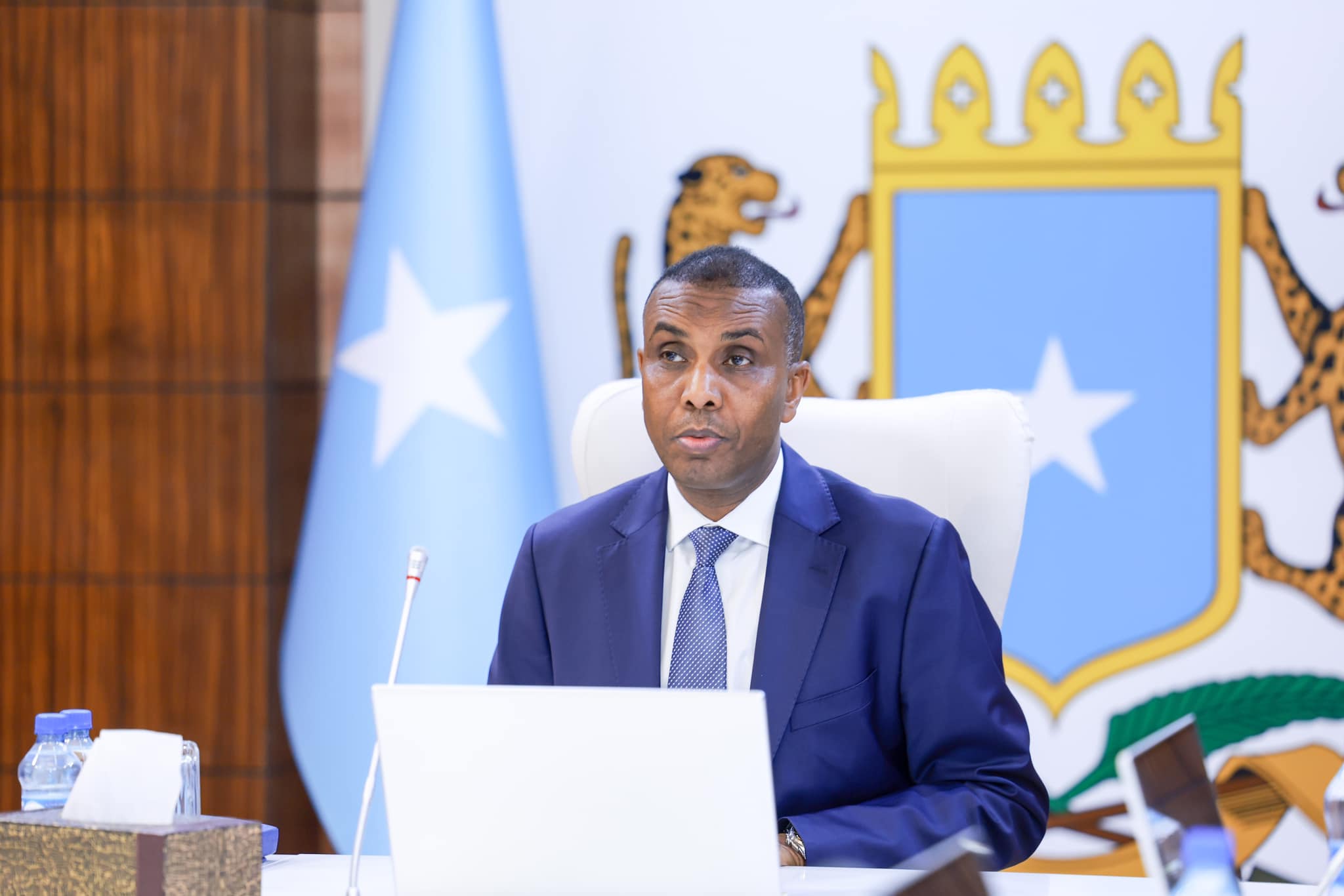
During this mediation period, Mr. Farah failed to implement the necessary changes recommended by the board and the minister, prompting the board to reaffirm its decision to remove him from office. On September 18, 2024, the Minister of Planning formally submitted the board’s dismissal request to the cabinet, seeking approval. However, Prime Minister Hamze Abdi Barre intervened, blocking the minister’s proposal and insisting that Mr. Farah remain in his position until his term ends in late 2025.’
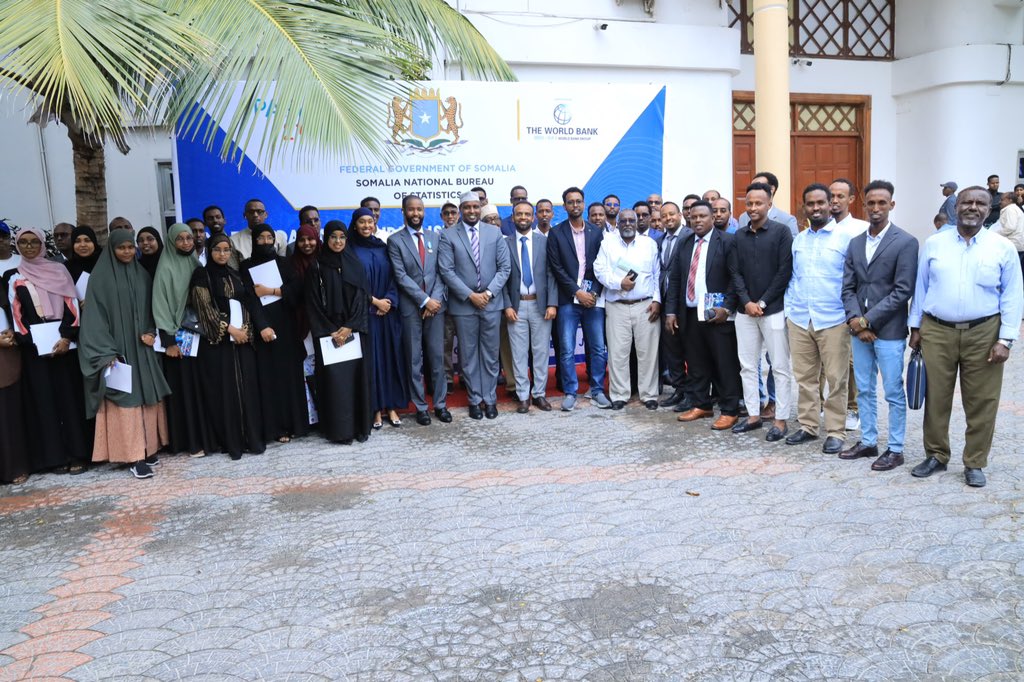
Insiders suggest that the Prime Minister’s actions are driven by clan-based loyalties, as both he and Mr. Farah hail from the same clan. This has raised concerns about the impartiality and integrity of Somalia’s governance, with many viewing the Prime Minister’s intervention as a move to protect an ally rather than uphold the principles of good governance.
A member of the SNBS board, speaking on condition of anonymity, expressed frustration over the Prime Minister’s decision. “The PM has no right to dismiss the board, but he is pressuring the Minister of Planning to propose the board’s dismissal to the cabinet,” the source stated. “The board members are well-qualified professionals selected through a merit-based process. They were simply doing their job by dismissing a director who failed to perform his duties. Now, the Prime Minister wants to dismiss the board just to protect someone whose only qualification seems to be his clan affiliation.”
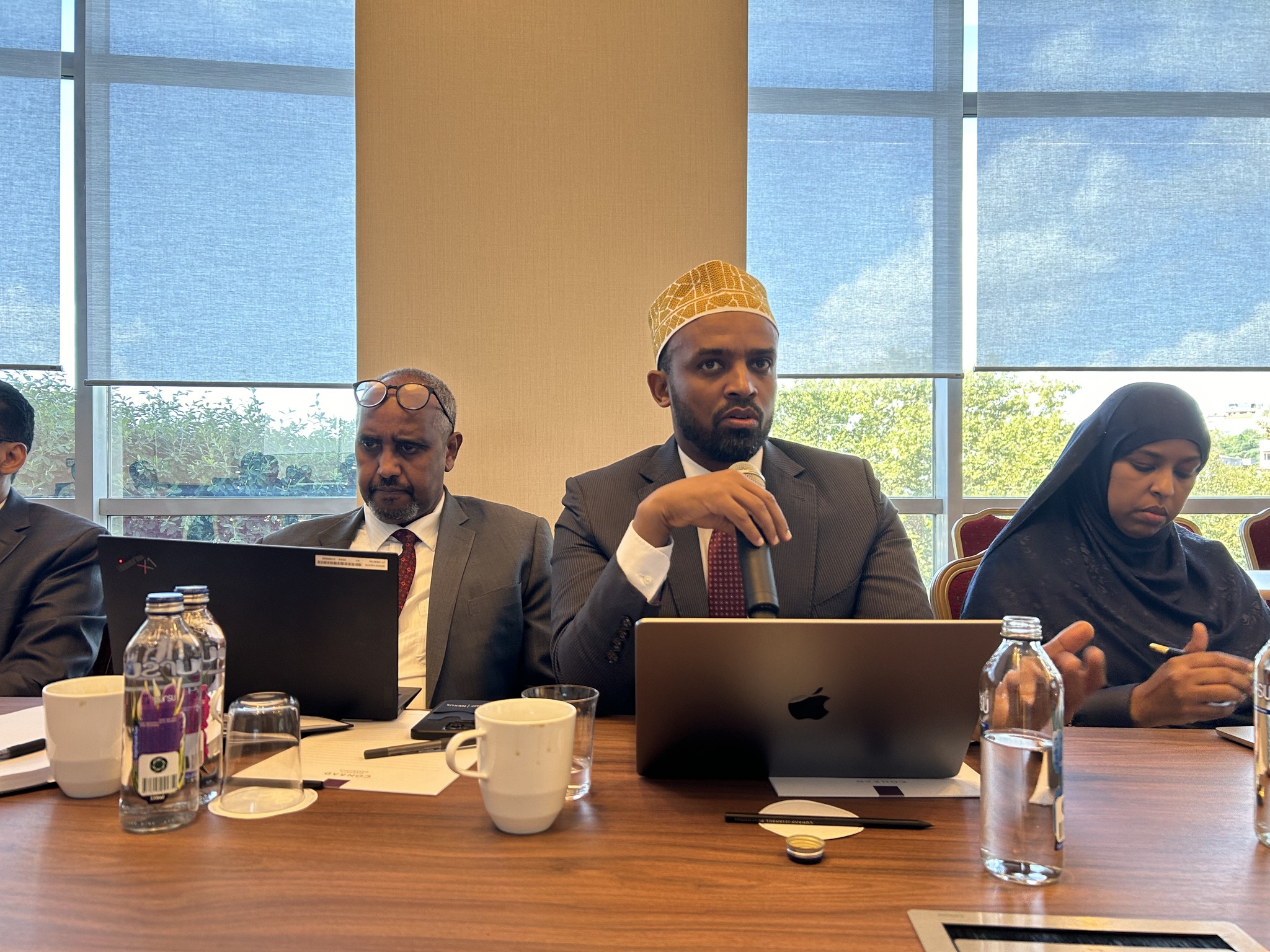
The Prime Minister’s intervention has not only disrupted the operations of the SNBS but has also created a hostile environment within the Ministry of Planning. Staff members have reported a breakdown in communication and cooperation, as Mr. Farah’s continued presence has strained his relationship with other officials in the ministry. One ministry employee, speaking to Qalin News Network, warned that the Prime Minister’s actions could undermine the credibility and effectiveness of government institutions.
“The PM’s decision is detrimental to good governance. If leaders protect corrupt officials based on ethnicity, it sets a dangerous precedent. It demoralizes public servants and erodes trust in the government,” the employee said. “The board did its job, and the minister followed due process. Yet, the Prime Minister has used his power to undo all their efforts.”
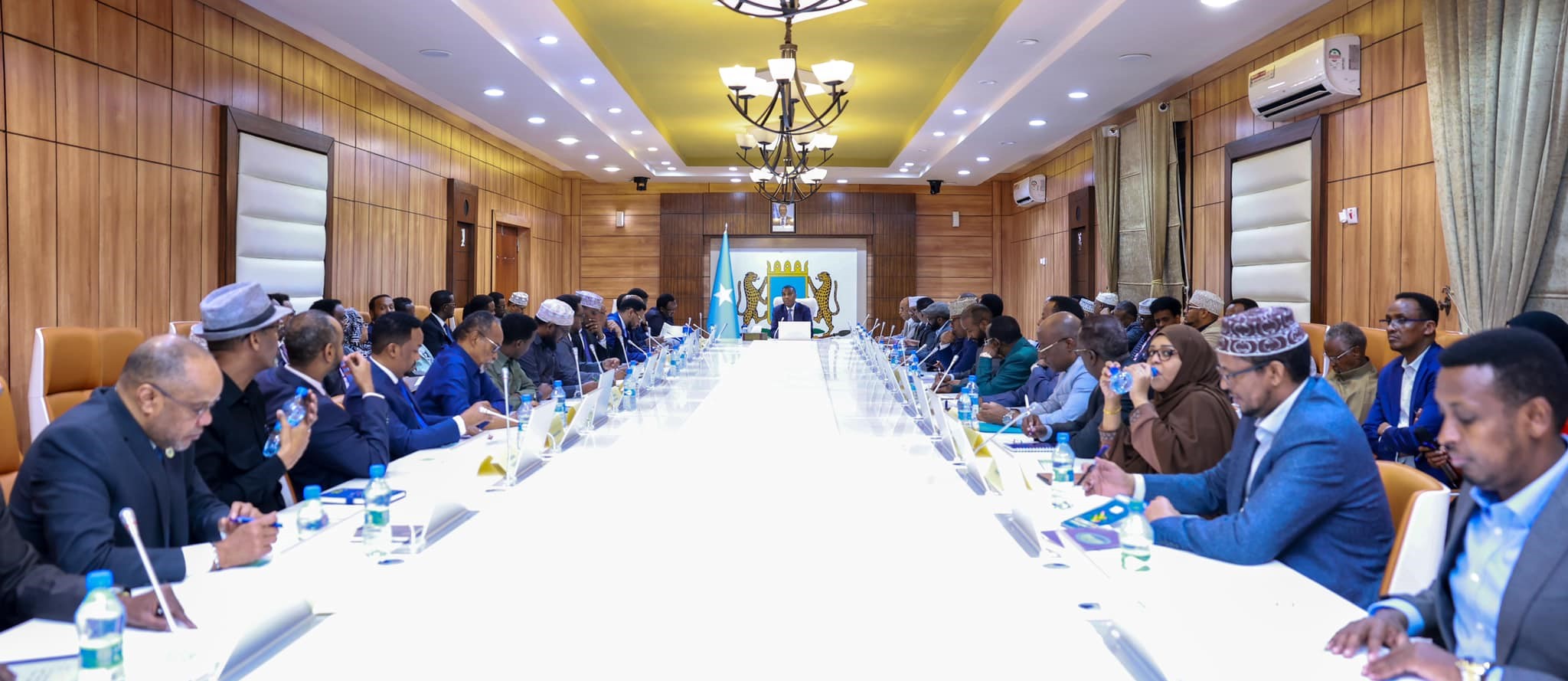
President Hassan Sheikh Mohamud, who has been briefed on the situation, has yet to take action. His intervention is now crucial to resolving the crisis and restoring the integrity of the SNBS. The President’s decision could determine whether the country moves forward with building robust institutions that serve the public interest or succumbs to the divisive forces of corruption and clan-based favouritism.
For over a decade, Somalia has made significant strides in state-building efforts. However, this progress is being threatened by the resurgence of old vices such as corruption and clan-based favouritism. The situation at the SNBS serves as a stark reminder of the challenges that continue to plague Somalia’s path to good governance and institutional integrity.
The President’s leadership is now more critical than ever. His intervention can either reinforce the rule of law and the principle of meritocracy or signal to the public that clan loyalty trumps all. The people of Somalia are watching closely, hoping that their leaders will rise above personal and clan interests to serve the nation as a whole.



